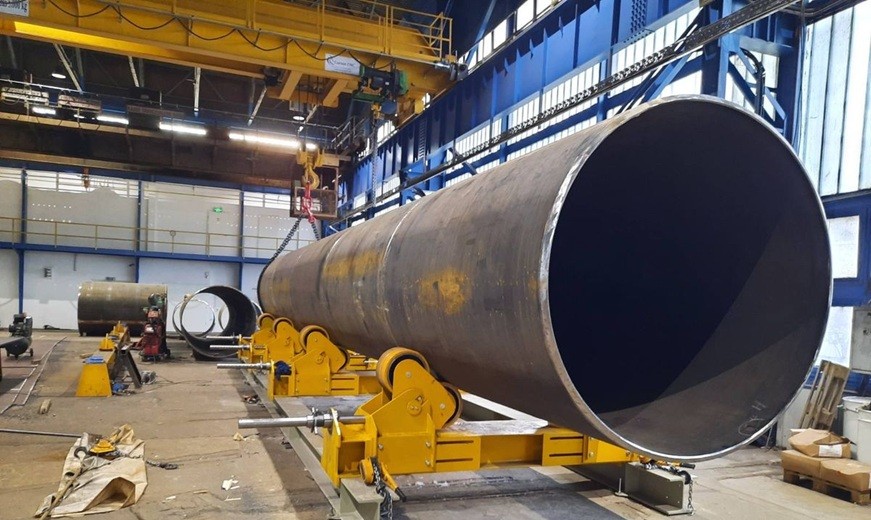
Industrial Stainless Steel Pipes
Industrial Stainless Steel Pipes:Everything You Need to Know
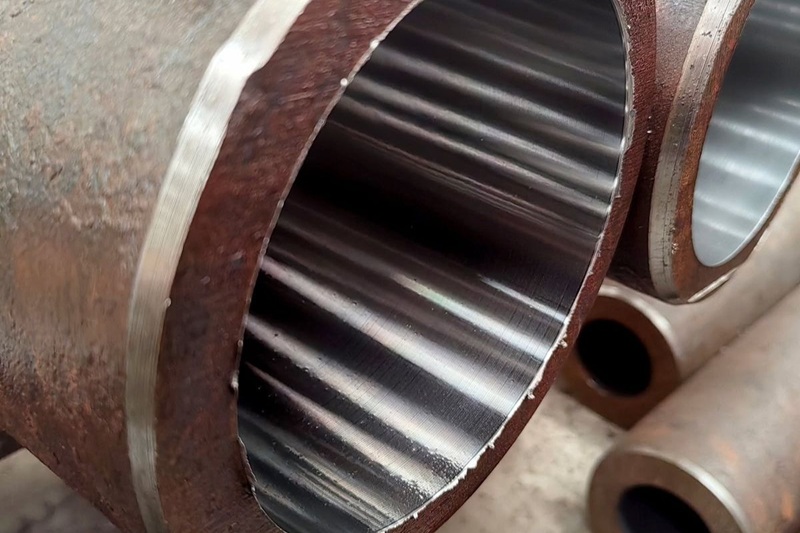
Related Products:
Seamless Stainless Steel Pipe Welded Stainless Steel Pipe Decorative Stainless Steel Pipe
Key Highlights
-
Exceptional durability and resistance to corrosion in harsh environments.
-
Available in welded and seamless varieties, conforming to ASTM and ASME standards.
-
Multiple shapes and wall thickness schedules (10, 40, 80) to suit pressure and load requirements.
-
Applications range from oil & gas pipelines to sanitary-grade processing systems.
-
Certification and traceability ensure reliability in every project.
What Are Industrial Stainless Steel Pipes?
Unlike decorative or residential products, industrial stainless steel pipes are engineered for high-pressure, high-temperature, and chemically aggressive environments.
-
Composition: Contain at least 10.5% chromium for superior corrosion resistance.
-
Common Grades: 304, 316, and 321, each tailored to specific operational needs.
-
Key Properties:
-
High corrosion resistance
-
Strength and durability
-
Excellent performance under extreme temperatures
-
Long service life with minimal maintenance
-
Typical Standards & Specifications
Industrial stainless steel pipes are manufactured in compliance with international codes, including:
-
ASTM A312 / A213 – Seamless and welded stainless pipes for high-temperature service.
-
ASME / ANSI / DIN / JIS – Meeting regional or project-specific requirements.
These standards define dimensions, tolerances, wall thickness (schedule), and testing, ensuring safe and reliable performance.
Industrial Applications
-
Oil & Gas: Transport of crude oil, natural gas, and refined products under high pressure.
-
Chemical Processing: Handling corrosive chemicals and extreme temperature conditions.
-
Food & Beverage: Sanitary-grade polished pipes for hygienic liquid transport (milk, juice, water, wine).
-
Pharmaceuticals: Electropolished tubes for ultra-clean systems like WFI (water for injection).
-
Construction & Infrastructure: HVAC, fire sprinkler systems, plumbing, and structural support.
-
Water Treatment & Desalination: Resistant to saltwater and chemical exposure, ensuring longevity.
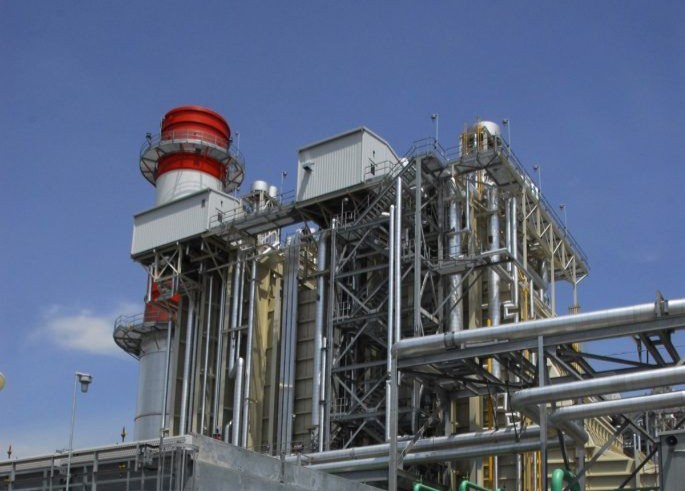
Types of Industrial Stainless Steel Pipes
Welded vs. Seamless
-
Welded Pipes: Cost-effective, available in larger sizes.
-
Seamless Pipes: Stronger, with smoother surfaces and no weld seam.
Shapes
-
Round: Optimal for fluid transport.
-
Square: High load-bearing capacity, often structural.
-
Rectangular: Versatile for architectural and industrial applications.
Schedule Options
-
SCH 10 – Thin wall, low pressure.
-
SCH 40 – Balanced strength and cost.
-
SCH 80 – Heavy-duty, high-pressure environments.
Surface Finishes
-
Polished – Smooth, hygienic, aesthetic.
-
Pickled – Removes impurities, improves corrosion resistance.
-
Passivated – Enhances protective oxide layer for longer service life.
Stainless Steel Pipe vs. Tube
| Feature | Pipe | Tube |
|---|---|---|
| Measurement | Nominal Bore (NPS) | Exact Outer Diameter (OD) |
| Wall Thickness | Schedule-based | Exact gauge/thickness |
| Application | Fluid/gas transport | Structural, mechanical, precision |
| Finish | Mill or pickled | Often polished or brushed |
Rule of thumb: Use pipes for pressure and fluid systems; use tubes for structural, sanitary, or precision applications.
304 vs. 316 Stainless Steel Pipes
-
304 Stainless Steel
-
Cost-effective, widely used.
-
Excellent for general corrosion resistance and food-grade systems.
-
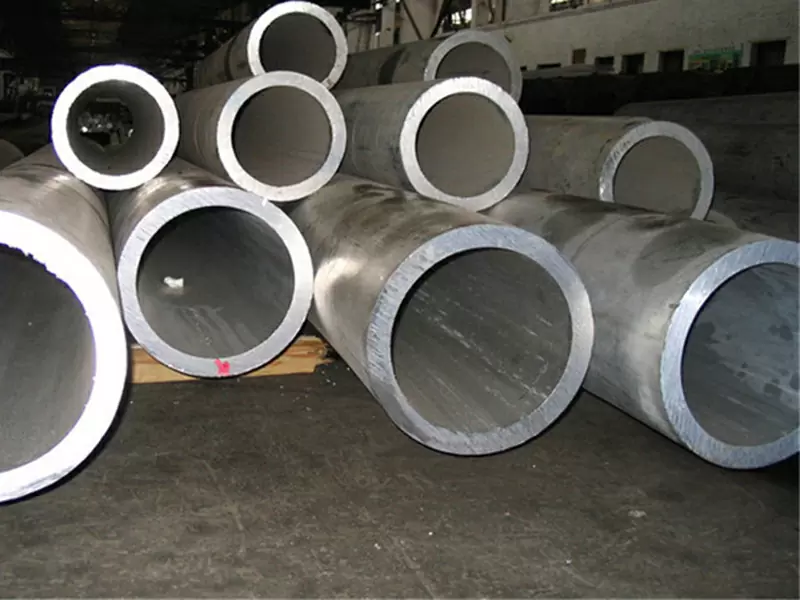
-
316 Stainless Steel
-
Contains molybdenum, superior resistance to chlorides.
-
Ideal for marine, chemical, and high-corrosion environments.
-
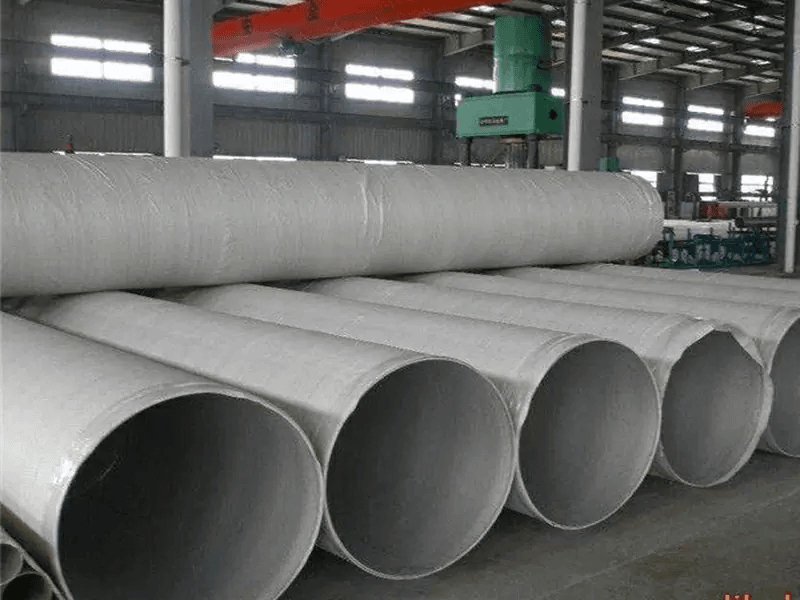
Quick Guide:
-
Water systems → 304
-
Food & beverage → 304 / 316
-
Marine / chemical → 316
Selecting the Right Pipe
When choosing industrial stainless steel pipes, consider:
-
Grade (304 vs 316) based on corrosion exposure.
-
Pipe type (welded vs seamless) based on pressure requirements.
-
Schedule & dimensions for strength and flow.
-
Standards compliance for safety and quality assurance.
Why Choose Orinox Steel?
At Orinox Steel, we deliver high-quality stainless steel pipes trusted by industries worldwide. Our offering includes:
-
Wide product range: Welded & seamless, multiple grades, schedules, and finishes.
-
Certifications: ASTM, ASME, JIS, with full Material Test Reports (MTRs).
-
Technical support: Guidance from engineering experts on selecting the right solution.
-
Global delivery: Strong logistics network, competitive pricing, and fast lead times.
With Orinox Steel, you gain more than a supplier—you gain a partner committed to quality, reliability, and project success.
📩 Request a quote today and discover stainless steel solutions engineered for your industry.

